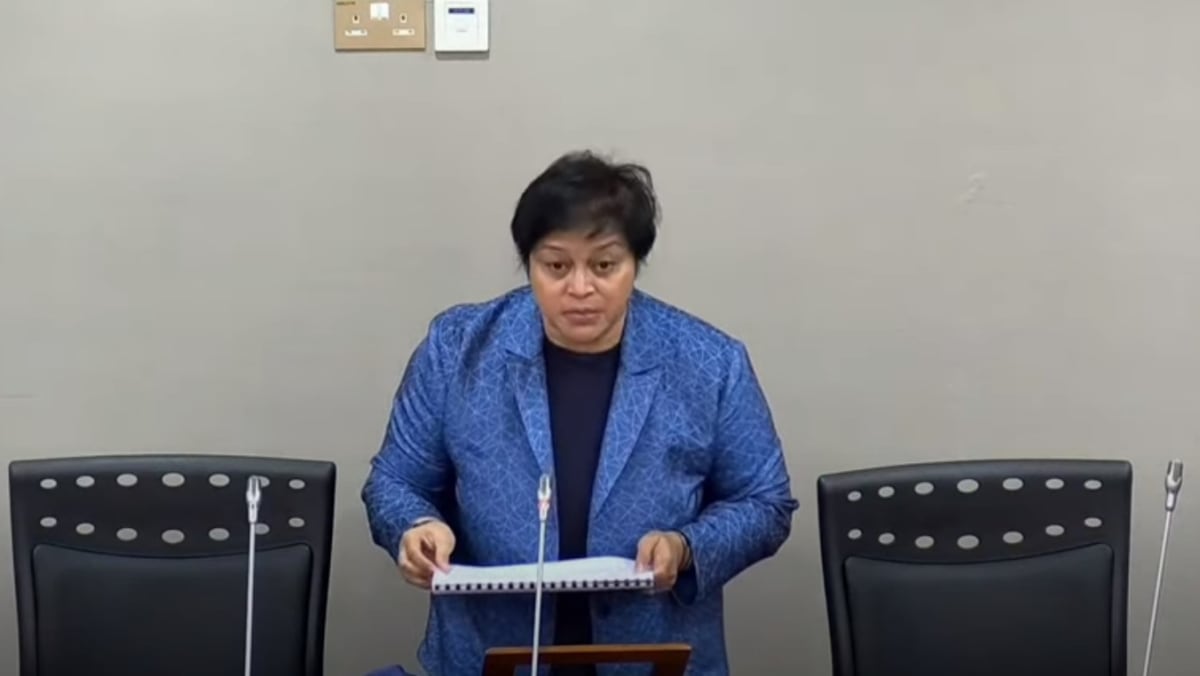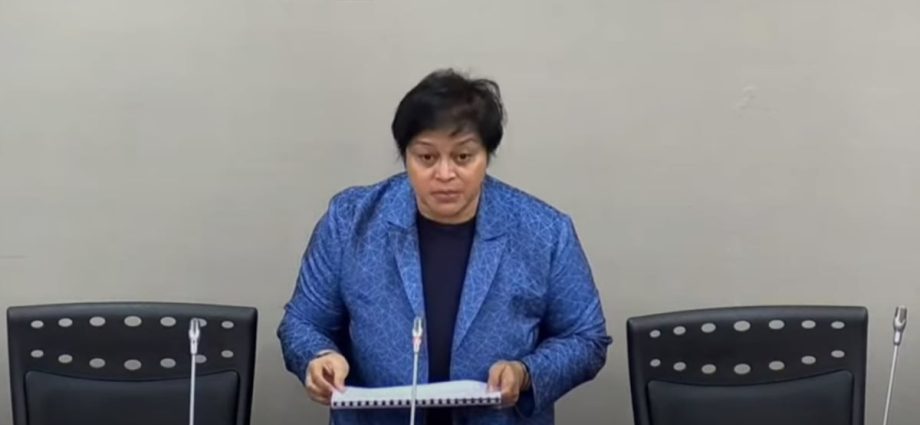
On Jan 27 last year, Malaysia’s then-attorney-general Idris Harun said the government was of the view that the 2018 decision to withdraw the application was “not in order and improper”, while maintaining that Malaysia respects the ICJ ruling.
This came after a government-convened special task force looking into the Pedra Branca issue tabled its final report for the Cabinet.
On Jan 24 this year, the government said it would launch an RCI to look into how the case was handled. Observers told CNA the RCI’s purpose was not to question the ICJ’s decision, but to uncover what truly happened in 2018 when the government decided not to pursue its appeal.
Ms Azalina said the special task force, which took 10 months to produce a final report, was not able to conduct a thorough investigation as it did not have the necessary powers under the law.
She said it faced challenges obtaining classified documents from ministries, departments or individuals. Some individuals did not give their input or views, while others were reluctant to cooperate for personal or professional reasons.
The RCI, on the other hand, has the power to summon people for interviews and issue arrest warrants for those who are uncooperative, she said.
Dr Mahathir, through his lawyer, has indicated he intends to stay away from the RCI’s proceedings so long as former chief justice Raus Sharif remains the RCI chairman.
“The people of Malaysia deserve to know the raw truth and the web of reasons behind this decision,” Ms Azalina said.
“The RCI … will also seek to find a resolution and create steps to improve the handling of issues that involve sovereignty, not just to find faults of any parties,” she added.
WHO MADE DECISION CAUSING MALAYSIA TO “LOSE ITS RIGHTS”?
Ms Azalina said the RCI is an opportunity to conduct a thorough investigation and allow the government to move forward and take appropriate steps against any party or individual.
The government has previously said it was looking into “tort of misfeasance in public office”, which is a form of misconduct and occurs when a public official, public servant or public body knowingly acts to cause loss or harm to a third party.
The minister questioned if proper law and procedures were followed in dropping the appeal, and whether the then-Cabinet or the Johor state government – which has vested interests in the three islets – approved of the decision.
“Who is responsible for making the decision that caused Malaysia to lose its rights to Batu Puteh?” she asked, using Malaysia’s name for Pedra Branca.
“These questions have not been addressed in a clear and specific way, either through internal investigations or a task force set up to look into it.”
Ms Azalina said the RCI’s terms of reference include making observations on whether any parties have broken laws, work norms or administrative rules while carrying out their responsibilities.
It should also prepare a report that contains research, analysis and recommendations for the consideration of the Cabinet, she said, adding that it has one to six months to investigate the “broad and complex” issue.
The RCI will present its report to the king, followed by the Cabinet, so the latter can take appropriate measures to improve how it handles issues of sovereignty. The government will also table the report in parliament, Ms Azalina said.
“The decision to drop the revision on the sovereignty of Batu Puteh, Batuan Tengah (Middle Rocks) and Tubir Selatan (South Ledge), as well as issues like this, should not be repeated in the future,” she added.
Singapore’s Ministry of Foreign Affairs (MFA) has said the RCI was “an internal matter of Malaysia”.
“We do not see this affecting the good bilateral relations between Singapore and Malaysia,” said a spokesperson last month.
Singapore has said that it stands ready to “robustly defend” its sovereignty over Pedra Branca.
“After the Court’s (ICJ’s) decision, both Singapore and Malaysia publicly announced that they will accept and abide by the Court’s decision which is final,” said MFA in October 2022.
“In 2017, Malaysia instituted an application for revision and a request for interpretation of the Court’s 2008 decision, which were subsequently withdrawn by Malaysia in 2018.
“Under the Statute of the Court, an application for revision cannot be made after the expiry of 10 years from the date of the Court’s 2008 judgment, that is, May 2018.”

